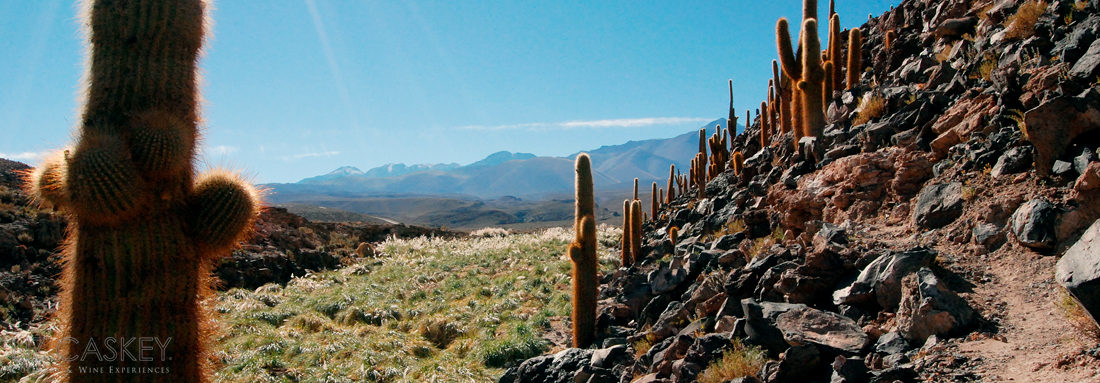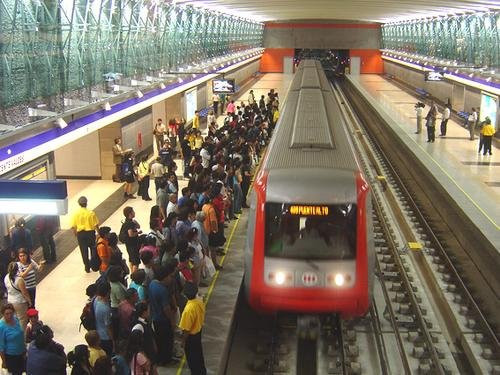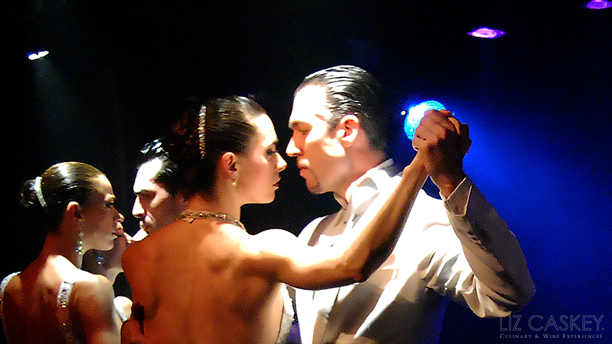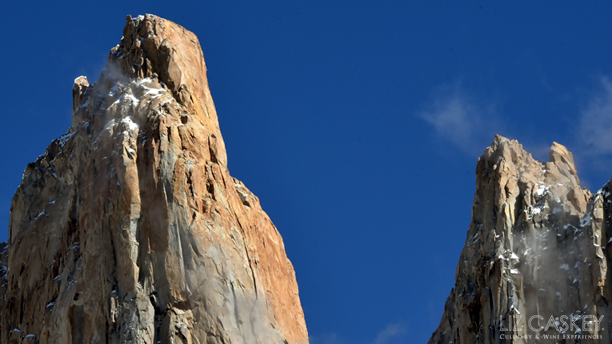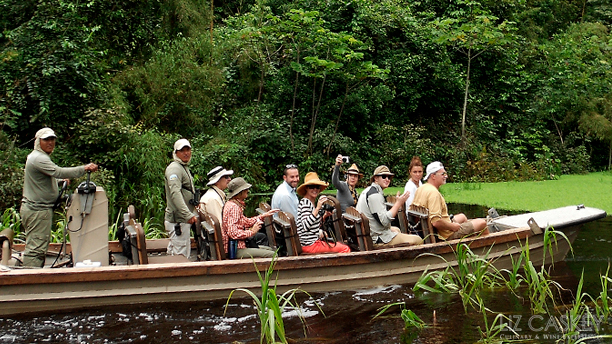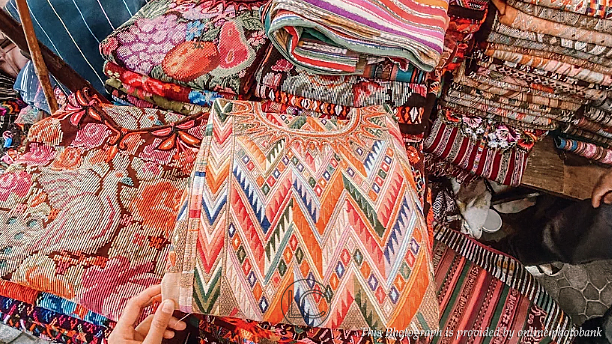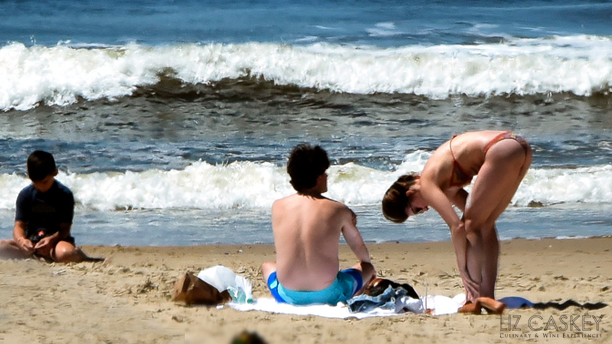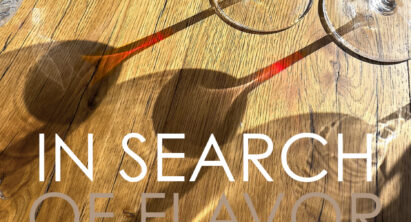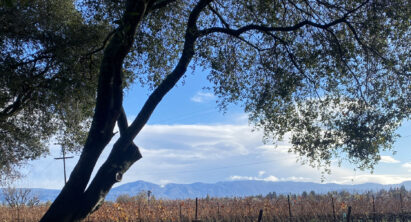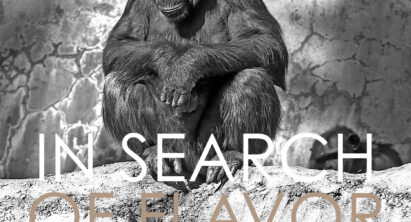I slept like a baby last night. 10 hours to be exact. I never do that. I awoke at 6:30 am to two soft tremors that rocked the building like a boat. At 8:30 am, it felt like any Sunday morning. Church bells tolled for mass. I was making coffee and then we had a rockin’ aftershock. After 60+ of these, I feel like they are, errr, becoming normal?! In fact, I am actually feeling thankful for them since the plates relieve their potent energy little by little instead of in one parahuaso (biggie) like yesterday morning. TVN’s broadcasters say these shocks are normals and we can expect them frequently for up to months from now given the magnitude of the quake. Nobody here in Santiago at least seems really phased by them. Chileans are used to all this shakin’, or so my husband keeps saying.
I decided to go for a walk and try my luck at my Sunday feria, farmers market, to stock up on fresh produce. Would there be anyone? Was normality coming back? The only damage I saw en route was at my gym, which is built out of plate glass, where one window was smashed. From a block away, I saw the green awnings of the market. I was amazed that every single casero, vendor, was there and so were crowds of people buying food. As I talked to each casero to find out how they had felt the terremoto, earthquake, I got varied responses but a similar vibe: “Yes, scary. But we are, gracias a Dios, ok. We persevere and life ultimately must on. What else is there to do?”
One casero, who sells me my favorite free range eggs, laughed and said, “look gringa, after all these years here, you have officially been indoctrinated to what it means to live in Chile. Tremors don’t count. Earthquakes are part of the reality of being Chilean”. So this was some sort of rite of passage for me?? Hmm.
Loading up on lettuce and broccoli, my casero Roberto said two walls collapsed in his house and he had to hold onto the steel infrastructure while shielding himself from falling objects. I asked him if he was upset. He looked at me and in a very serious tone said, “Not at all. I grateful to be ok, my family is fine. The wall can be rebuilt. I can buy more things. You cannot buy people.” María had the same sentiment, “Yes, our place is a disaster, like a thief came in and went through everything, but we’re ok and the mess can be cleaned up. We came to work because people need to eat and we WANT to work.”
A simple trip to the farmers market turned into this profoundly moving experience for me. In general, my caseros are my life line to what’s real in Chile. Hard working, honest, kind, good people that understand what’s important in life in such a pure way. And they are always here to serve (isn’t that what we all are truly here to do on earth, serve each other?). As I unpacked my veggies, I really paused to give this some thought and how Chile being such an earthquake (and volcano) prone place deals with mother nature and its sheer force all the time. What kind of personality and identity does that instill on a national level? In my opinion, President Michele Bachelet’s address to the nation last night really summed this up. Chileans are a perservant, patient, full of hope, and resilient people.
Politics aside, I personally really like President Bachelet and her demeanor. There’s something about her that is so connective. She shows herself as genuine, caring, yet accurate and a real leader making hard decisions in tough times. According to her address last night, yesterday’s earthquake was felt by 80% of the population from Antofagasta in the North to the Lake’s district in the south (see map). It was the largest earthquake in 50 years since the 1960 quake in Valdivia. She kindly asked for patience from the Chilean people to give the government 48-72 hours to truly assess the damage and necessities so they can craft an exact plan to move forward. The numbers she quoted (at that time) were: 214 people dead (this has gone up, more fatalities coming in from the South), 15 people still missing in Juan Fernández islands where a tsunami hit, hundreds of thousands of people without homes, 1.5 million homes with damage, serious damage to the infrastructure like roads, schools, and airports from Santiago to Concepción.
But she asked to expresar solidarity. That these are true tests for the country and there are two steps: dealing with the emergency and then rebuilding. She said they are doing everything possible to restore basic needs first: communication, public transport, health care, water, electricity, food, shelter for those who have lost everything. She asked people to remain calm, to ration their energy and consume less fuel, and gave her sincere thanks to the international community. She also asked for everyone to be willing to collaborate, and not just with material resources. I think she was referring to an energetic level, ánimo, which is so critical for these situations. Chile has to step forward together and show perservence and strength. She ended saying “Fuerza Chile, muchas gracias“.
Images worldwide are now circulating of the massive destruction is in the south in Talca, Cauquenes (near the epicenter) and the Maule Region; Concepción and Talcahuano (map arriba so you guys can bone up on Chilean geography). Santiago certainly has had infrastructure issues in certain areas and homes lost. However, there is a sense of normality creeping back. The metro is running again. Neighborhood shops and some supermarkets are open. Traffic lights are working. I saw lots of people jogging this morning, people pushing strollers, and a line to pick up empanadas from the local bakery with the Sunday paper (a brunch-esque ritual).
There certainly are a lot of detours where roads are damaged and we are all very aware of the situation in the south–and our hearts go out to those people. In fact, in my own Chilean family, my parents-in-law, who live in one of the most affected areas of Talca, drove up to Santiago hours before the quake. Sixth sense? Possibly. They are certainly mentally preparing themselves to go home to destruction and a very different reality from what feels like in Santiago some bumps, bruised nerves, and painful scrapes. However, the pervasive attitude still seems to be one of “Vamos Chile, podemos“. Come on Chile, we can do it. A term Chileans often use for soccer, and life in general.
For me, there’s no doubt this country is and will do it. They have picked up the pieces over and over again as Mother Nature unleashes her fury. But this attitude of being able, willing, cooperating, helping, I don’t know if that is part of the circumstances or truly wired in their DNA. It doesn’t matter, the end result is the same. Hope and success despite adversity.
